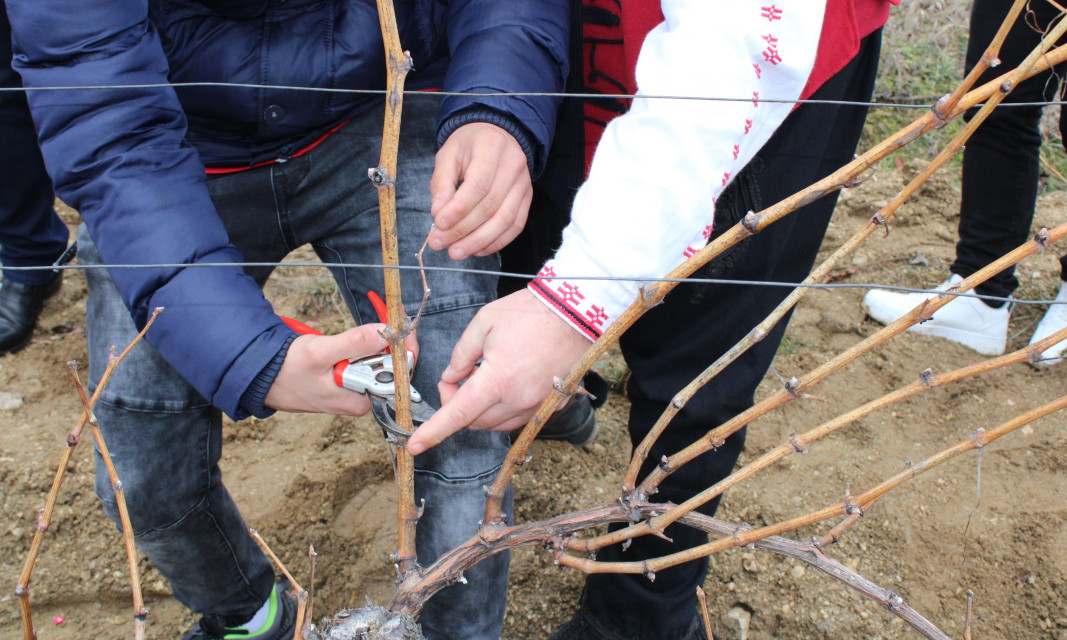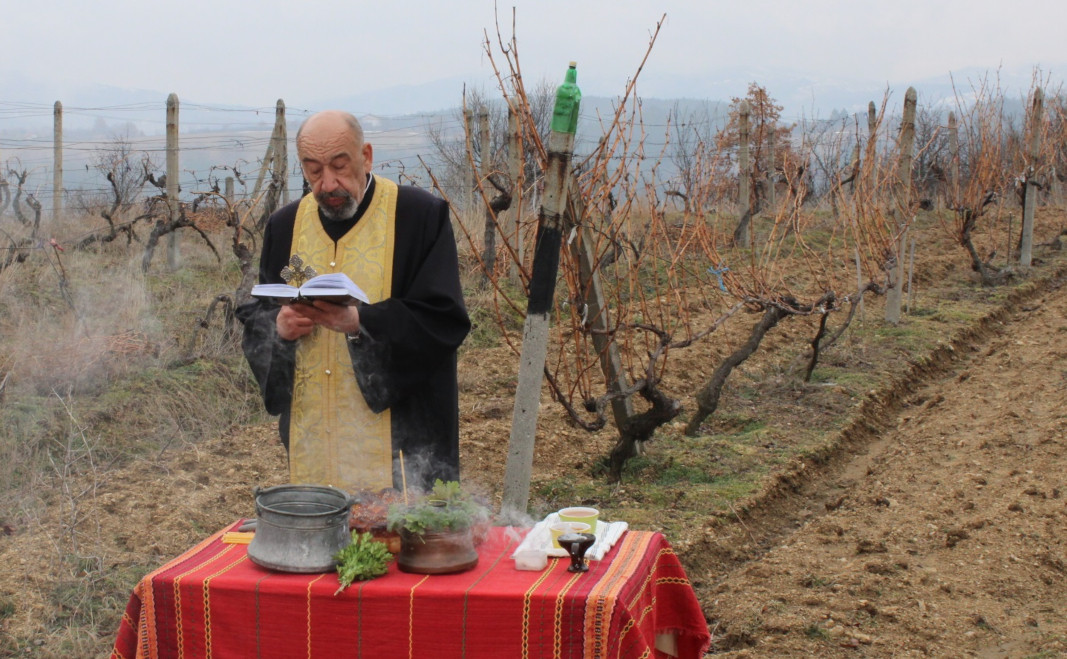Radio Bulgaria’s latest quiz about February 14, when the holiday of vine-growers and wine-makers (Trifon Zarezan, Trifon the Pruner) and Valentine’s Day are marked, divided the audience. A total of 474 people took part in our quiz published in ten languages. We asked you: “What is February 14 according to Bulgarian tradition?” 58% marked the correct answer-holiday of vine-growers and wine-makers. A day of love was the second most-common answer.

At Triforn Zarezan (St, Trifon’s Day), Bulgarians prune the vines and celebrate with plenty of wine and food. However, not everyone knows the origin of the traditional Bulgarian feast. According to the Orthodox Church, it is associated with the life of the Holy Martyr Tryphon of Campsada, who was born in 225 AD and died during the persecutions against Christians. According to ethnographers, the feast of Trifon Zarezan dates back to the times when the Thracians inhabited our lands and the ritual is associated with the spring celebrations in honor of Dionysius – the god of fertility, wine and sun. Thracian priests used wine in rituals as a symbol of unity between people and Gods.
Initially, Bulgarians celebrated the Day of St. Tryphon, honored as a patron saint of vine growers, wine makers and bar-keepers on February 14. After the introduction of the Gregorian calendar, in 1968, Bulgarians started to mark the church feast on February 1 and the Day of Vine-growers and Wine-Makers- on February14.

However, the two feasts have had a mutual influence on each other, all the more so given that St. Tryphon the Pruner is often depicted holding various pruning instruments.
Do not miss the opportunity to answer our new question connected with March 1, when Bulgarians traditionally exchange martenitsas (intertwined red and white thread) for sound health and good luck.

Compiled by: Diana Tsankova
Photos: BGNES and library
Every holiday has its own flavour, its own 'clothes' and its own tunes. Christmas is no different. "Little is known about traditional Bulgarian carols and their purpose, little is said, and even the wrong things are said. But the most important thing is..
On Christmas morning the glad tidings have spread that the Son of God was born, making it a special day celebrated with a lot of festive rituals. After Christmas Eve, when families get together for a festive meal, comes Christmas. On 25 December the..
Christmas Eve, once called Budnik, Little Christmas or Neyadka, was considered part of a dark, frightening period, charged with the potential to influence the entire upcoming year. For this reason, the night before Christmas was associated with..
Every holiday has its own flavour, its own 'clothes' and its own tunes. Christmas is no different. "Little is known about traditional Bulgarian carols and..

+359 2 9336 661
